
Apr 3 , 2021
The authorities in Sudan understand what the GERD symbolises for their people, despite Egypt's claims. They know that it does not have a significant threat to Sudan but, in fact, can help improve economic outcomes, writes an author whose name Fortune withheld upon request.
If the Grand Ethiopian Renaissance Dam (GERD) were to be accorded another name, it would be called the Grand African Renaissance Dam or the Grand Sudanese Renaissance Dam.
As a Dam that will help ignite the continent’s prosperity and indeed show to the world that Africans can achieve their developmental aspirations against all odds, the Grand African Renaissance Dam suffices. As to Sudan, the GERD is a dam for the country’s renaissance, the benefit of which can be felt directly and immediately. GERD is a blessing for Sudan - this is not just a vapid slogan but a tangible fact.
In 2015, a committee was formed from experts pooled from the University of Khartoum and the Sudanese Ministry of Water. It was led by the current Minister of Irrigation & Water Resources, Yasir Mohammed Abbas (Prof.), to study the “impacts of the GERD on downstream hydrology and water resources.”
“The GERD for Sudan is what the High Aswan Dam is for Egypt,” it concluded. “Irrigation supply in Sudan is not affected during GERD filling, for both average and dry years.”
The study analysed the positive and negative impacts the GERD could have on Sudan. It further attested how regulated water flow could save Sudan from flooding and enhance all-year navigation along the Nile and reduce water-pumping costs as the water level of the Nile will be increased by three metres. The immense energy uplifting at Roseires and Merowe dams because of the GERD was also underlined in the study.
If the GERD is to be filled within seven years, the study showed, “Ethiopia will lose its energy production by nine percent," which is huge.
Indeed, Ethiopia plans to fill the GERD between four to seven years, losing nine percent of its energy production every year. The GERD will benefit Sudan in getting rid of the tens of millions of dollars that it would otherwise spend on dredging and turbine maintenance every year.
The authorities in Sudan understand what the GERD symbolises for Sudan and its people. They know that it does not hold a significant threat to Sudan, or even Egypt, as the study confirmed.
There are more expert analyses that testify to this. A study Sudan commissioned by Lahmeyer International, a German engineering group, concluded that the GERD would benefit Sudan tremendously.
A more recent one was published last month: “Economy-wide assessment of potential long-term impacts of the Grand Ethiopian Renaissance Dam on Sudan.”
“Based on a 20pc increase in hydropower and an assumed rapid irrigation expansion timeline, the results show that the GERD could help increase Sudan's accumulated gross domestic product (GDP) by 47-83 billion dollars over the period 2020-60,” it states.
The Sudanese authorities have thus been pleading in private with Ethiopia's leadership to expedite the construction of the GERD.
Unfortunately, in recent months, the Sudanese authorities have had a change of heart and began to portray GERD as a threat. Their authorities are alleging that the GERD could “risk 20 million Sudanese along the Blue Nile.” One of these authorities pushing this narrative is Minister Yasir Abbas. These claims and allegations from Sudan are nothing but dangerous.
Despite the benefits experts say Sudan will gain from the GERD, why the about-face?
Sudan has an internal political problem. Had it not been for mediation efforts that led to the easing of tensions, to which Ethiopia and the African Union played no small role, Sudan would be in a downward political spiral. The current authorities are in a political power competition with different goals and interests, to which nationalism has an important part to play. In this, Ethiopia has been targeted as a nemesis.
Such an approach is a result of grand miscalculation considering the internal situation in Ethiopia and the aim of “three birds with one stone” policy: assisting Egypt, taking a disputed border area by force, and controlling the operation of the GERD and future upstream development.
Abdel Fatah al-Burhan (Lt. Gen.), chairman of the Sovereignty Council of Sudan, is trying to get as close to the Egyptians to consolidate his political power and outbid his internal opponents. His repeated visits to Cairo are not surprising at this point.
If former President Omar Hassen al-Bashir was to be commended, it was his courage and determination to emancipate Sudan from playing second-fiddle to Egypt. But the current military leadership wants to return to the era of Ibrahim Abboud (Gen.), Sudan’s first military ruler, where the country was firmly in the pocket of their northern neighbour.
Had the Sudanese side had a legitimate concern to raise with Ethiopia, it could have done it. But it is gambling with the interest of the people of the Sudan for the sake of maintaining the power of the few.
What is the way out then?
The second-year filling of the GERD is approaching. Ethiopia will proceed to fill it as it has reached a stage where not filling it is impractical. The reservoirs in Egypt and Sudan fill up in the rainy season, and water is wasted in the desert for evaporation. Nearly 17 billion cubic metres of water evaporate annually.
Ethiopia, Egypt and Sudan can agree on what is on the table – decoupling the filling from the long-term operation. The elephant in the room is water sharing, to which Ethiopia is allocated none of the Nile waters though it produces nearly 80pc. The other elephant that Egypt does not want to talk about is Sudan’s irrigation potential that the former fears would reduce water flow downstream. Both want Ethiopia to pay the price for this, which should not be allowed to happen.
Considering their country's interest and its gains, Sudanese authorities should reconsider their approach not to dissipate the opportunity Ethiopia provides. The determination of Sudanese authorities for acting in the country’s interests will only make it freer and stronger. Sudan's interests will be best served in having many more dams in Ethiopia and better coordination with it. In the meantime, considering its strategic interest in the region and the people of Sudan, Ethiopia also ought to share basic information about GERD's filling.
If Sudanese authorities rethink their approach, they will be applauded as leaders of Sudan. If they are to continue on their current path, history will repeat itself and it would be General Ibrahim Aboud again running the country for Egypt, not for the Sudanese.
PUBLISHED ON
Apr 03,2021 [ VOL
22 , NO
1092]
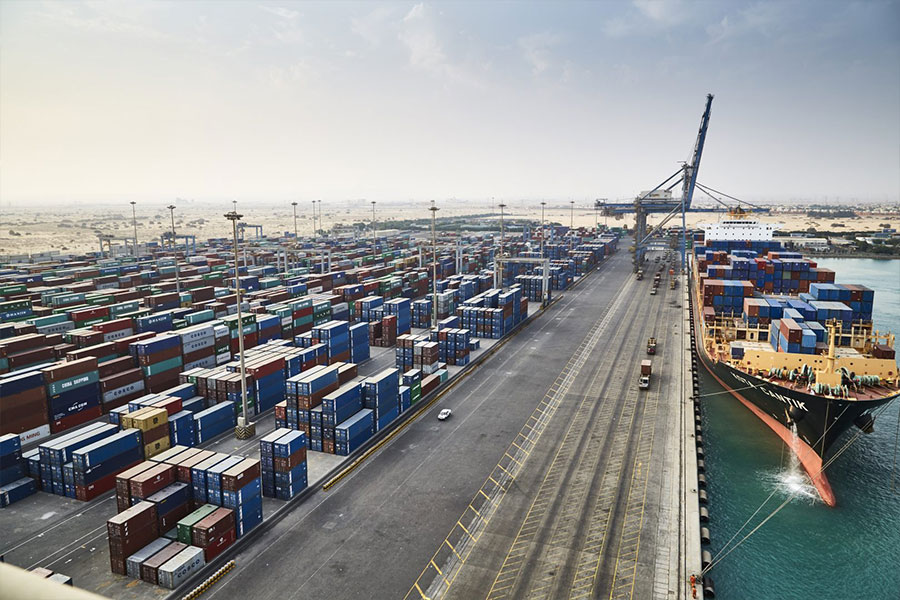
Fortune News | Aug 21,2023

Life Matters | Jun 14,2025

Radar | Feb 10,2024
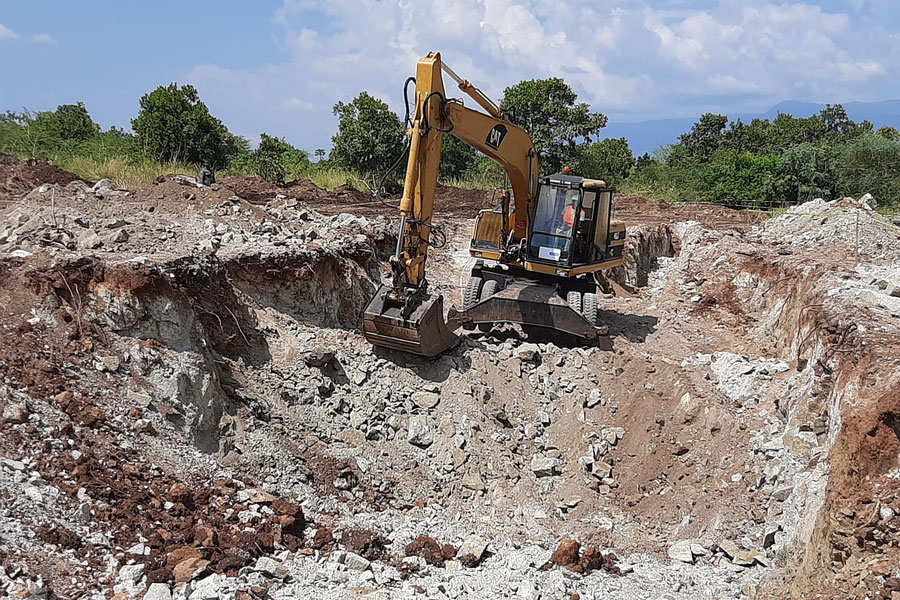
Fortune News | Dec 25,2022
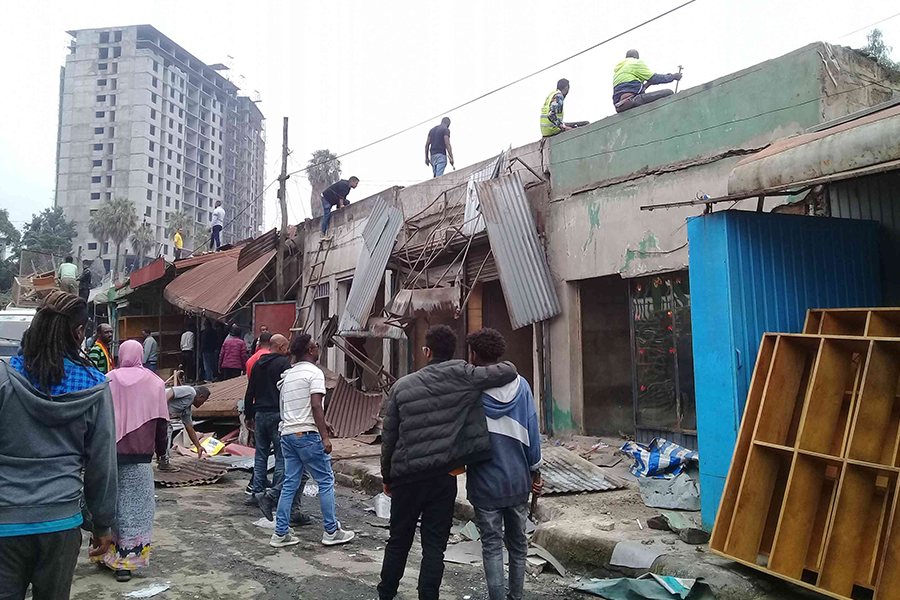
Radar | Mar 18,2023
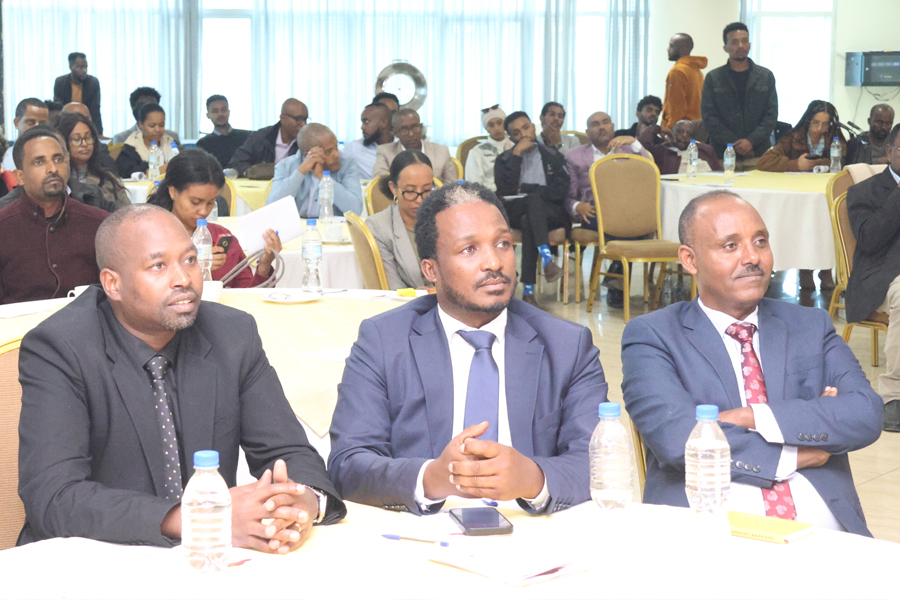
Fortune News | Aug 25,2024

Radar | Sep 02,2023

Viewpoints | Mar 01,2024

Editorial | Jun 22,2024
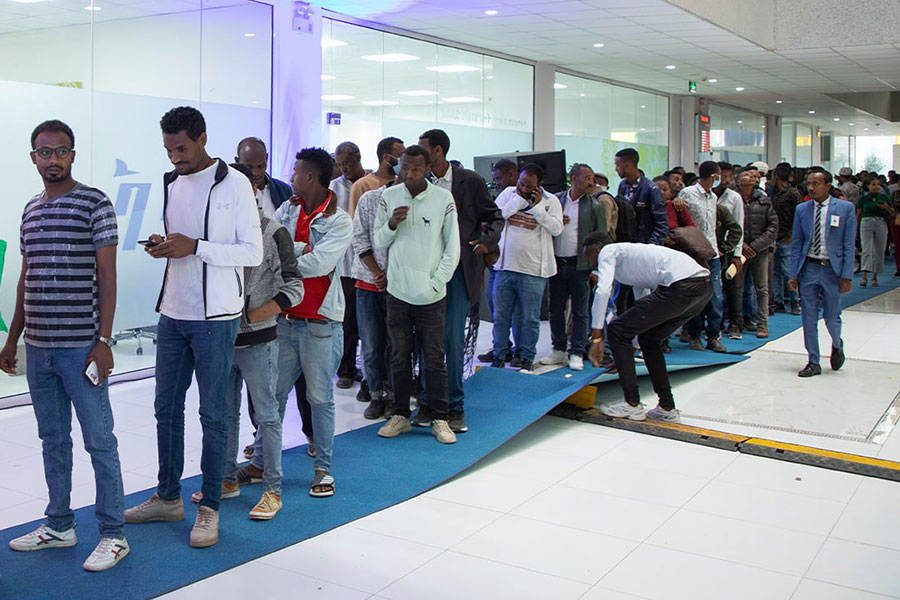
Agenda | Jul 17,2022

My Opinion | 131656 Views | Aug 14,2021

My Opinion | 128020 Views | Aug 21,2021

My Opinion | 125983 Views | Sep 10,2021

My Opinion | 123607 Views | Aug 07,2021

Dec 22 , 2024 . By TIZITA SHEWAFERAW
Charged with transforming colossal state-owned enterprises into modern and competitiv...

Aug 18 , 2024 . By AKSAH ITALO
Although predictable Yonas Zerihun's job in the ride-hailing service is not immune to...

Jul 28 , 2024 . By TIZITA SHEWAFERAW
Unhabitual, perhaps too many, Samuel Gebreyohannes, 38, used to occasionally enjoy a couple of beers at breakfast. However, he recently swit...

Jul 13 , 2024 . By AKSAH ITALO
Investors who rely on tractors, trucks, and field vehicles for commuting, transporting commodities, and f...

Jun 28 , 2025
Meseret Damtie, the assertive auditor general, has never been shy about naming names...

Jun 21 , 2025
A well-worn adage says, “Budget is not destiny, but it is direction.” Examining t...

Jun 14 , 2025
Yet again, the Horn of Africa is bracing for trouble. A region already frayed by wars...

Jun 7 , 2025
Few promises shine brighter in Addis Abeba than the pledge of a roof for every family...

Jun 29 , 2025
Addis Abeba's first rains have coincided with a sweeping rise in private school tuition, prompting the city's education...

Jun 29 , 2025 . By BEZAWIT HULUAGER
Central Bank Governor Mamo Mihretu claimed a bold reconfiguration of monetary policy...

Jun 29 , 2025 . By BEZAWIT HULUAGER
The federal government is betting on a sweeping overhaul of the driver licensing regi...

Jun 29 , 2025 . By NAHOM AYELE
Gadaa Bank has listed 1.2 million shares on the Ethiopian Securities Exchange (ESX),...